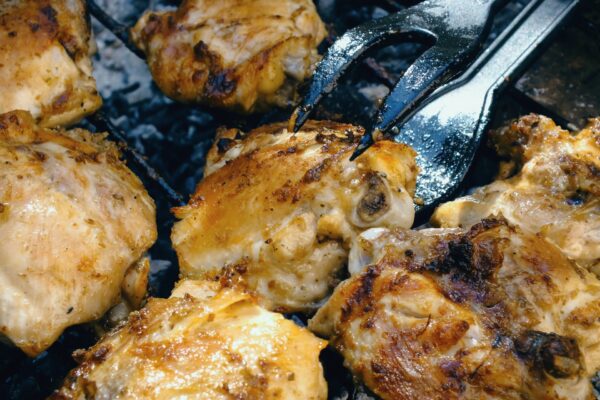
If you get sick as a result of consuming contaminated food, a defective products lawyer could potentially bring a product liability claim for personal injury against any party that was involved in distributing and selling the food. This could include the producer, supplier, or manufacturer, and also the grocery store or restaurant that sold you the food. Why a products liability claim? Since food is a product, tainted foods sold to consumers that subsequently bring them harm falls under the products liability area of personal injury law.
A defective product lawyer then practices personal injury law. In general, he or she represents people who have suffered injuries resulting from someone else’s negligence. For cases of product liability, a defective product lawyer could file a claim based on state laws related to theories of negligence, but also strict liability or breach of warranty.
The Difference between Food Poisoning and Food Contamination
The distinction between food poisoning and food contamination may seem subtle to the casual observer, but the differences from a legal standpoint are very real. After all, there is a difference between being stricken with abdominal cramps and diarrhea a few hours after eating in a restaurant or shattering a tooth on a sharp object while taking a bite of food.
The CDC estimates that one in six Americans—48 million people—are stricken with food poisoning annually. Food poisoning results from eating food that contains a biological pathogen—a type of bacteria, virus, or parasite that can make you sick if consumed. Sickness is induced by food that hasn’t been cooked long enough or stored at a proper temperature. It can also occur from consuming food that has been in contact with infected food handlers, infected equipment, or other tainted foods.
Symptoms of food poisoning can range from mild to severe gastrointestinal issues resulting in a fever, headaches, weakness, nausea, stomach cramps, vomiting, and/or diarrhea. Severe cases caused by e.coli or from botulism can even lead to permanent injuries or fatalities. Depending on the pathogen, symptoms may start within a few hours up to several days after eating and can last for a day or two or up to a week or more. Salmonella, Campylobacter, and Clostridium perfringens are common pathogens that routinely cause food poisoning.
Unlike food poisoning, caused by a biological pathogen present in food, food contamination refers to food containing a foreign object, material, or substance. A foreign object could be a piece of metal or bone fragments. Food may also be contaminated by chemical agents such as cleaning products, fertilizer residues, or certain food additives.
Food can become contaminated at any point in the supply chain. It can happen during production, processing, transporting, or on arrival to the wholesalers or retailers or during preparation in a restaurant. When ingested, foreign objects can cause injuries to the teeth, mouth, or digestive tract and result in bleeding or choking. Chemical agents that consist of toxic inorganic or organic compounds present in food can cause swelling, burning and severe gastric problems.
Pursuing a Personal Injury Claim for Tainted Food
To succeed in a product liability claim, you must have proof that the food you consumed was contaminated by a biological pathogen, chemical agent, or foreign object. You must be able to prove the food you ate was contaminated and that the contaminated food made you sick. The sickness from the contaminated food causes physical and financial harm in the way of medical expenses, lost income, disability, cost of care, pain and suffering, emotional distress, and/or loss of quality of life.
There are several steps to take to support your claim. Obviously, start with seeking medical care. Diagnosis of food poisoning caused by a specific pathogen is usually tested by a stool sample or, in some instances, through a blood or urine sample. Once the testing is complete, the evidence must be established to implicate a food production facility, food processor, restaurant, or specific food.
To help prove your case, save the original container or packaging that the food came in, refrigerate or freeze any uneaten portion of the tainted food, and preserve any foreign object you may have discovered in the food. Take pictures and make sure to photograph the size and location of the object. If you’re with others, let them see (but not touch) the foreign object. If you order food in a restaurant, don’t let the waitstaff take the food away and remove the foreign object. Finally, write down what happened as soon as you can. Keeping a detailed record of events can help you and your lawyer prove your case.
If you were injured or sickened from eating contaminated food and that food product directly caused your injury and suffering during or after consuming it contact the law offices of Hardy Wolf & Downing, Maine’s leading personal injury law firm with expertise in helping people pursue product liability claims. Contact us to meet with one of our experienced product liability attorneys to discuss your claim. We offer free consultation and will help determine your eligibility to recover damages. We will fight for you and your family to ensure you receive the maximum compensation you deserve for the harm brought to you. Contact us today to discuss your case.

